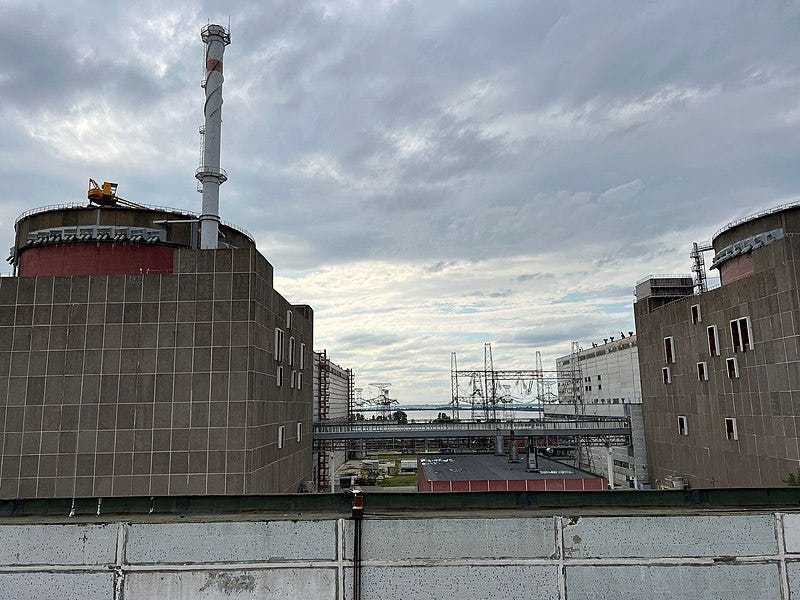Terror at the Zaporizhzhia Nuclear Power Plant
Amid allegations that Russia could blow up the plant, a Ukrainian human rights group has documented torture at the facility.

KYIV -- By now, you might have heard about the purported Russian threat of blowing up the Zaporizhzhia Nuclear Power Plant (ZNPP), th…


